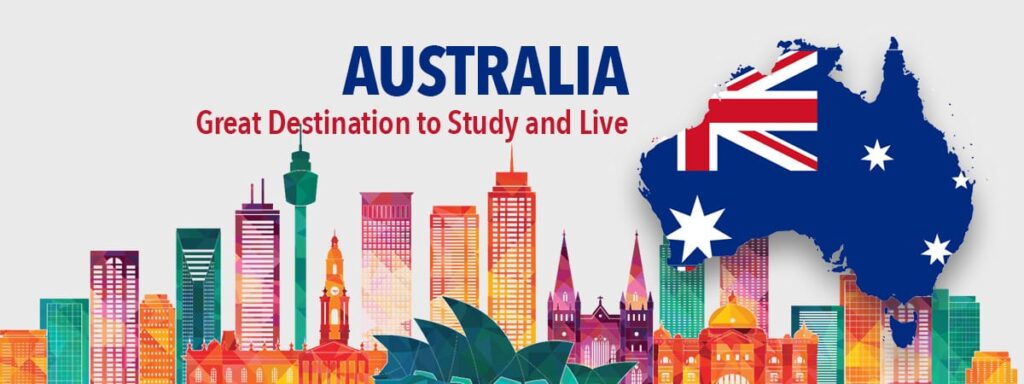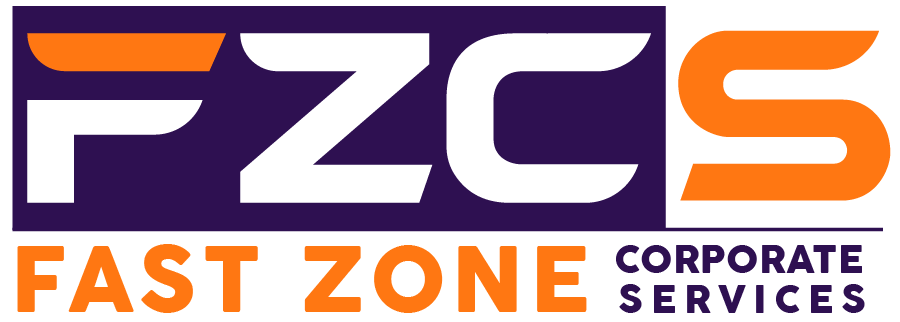About Sponsored Business Visas
Sponsored Business Visas, also known as Employer Sponsored Visas, are temporary or permanent visas that allow skilled workers to live and work in a specific country based on a job offer from an employer in that country. These visas are designed to address labor shortages in certain industries and regions and facilitate the recruitment of skilled workers from overseas. Here are some key points about Sponsored Business Visas:
- Employer Sponsorship: Sponsored Business Visas require the sponsorship of an employer in the host country. The sponsoring employer must demonstrate a genuine need for the skills and experience of the visa applicant and must be willing to sponsor their visa application.
- Types of Sponsored Visas: There are different types of Sponsored Business Visas available depending on the country’s immigration system and the specific needs of employers. Common types of sponsored visas include Temporary Skill Shortage (TSS) visas, Employer Nomination Scheme (ENS) visas, and Regional Sponsored Migration Scheme (RSMS) visas.
- Eligibility Criteria: Eligibility criteria for Sponsored Business Visas vary depending on the visa subclass and the specific requirements of the host country’s immigration system. Generally, applicants must have the skills, qualifications, and work experience relevant to the nominated occupation and must meet health and character requirements.
- Labour Market Testing: In some cases, employers sponsoring skilled workers for Sponsored Business Visas may be required to demonstrate that they have attempted to recruit locally and have been unable to find suitable candidates for the position. This process is known as labour market testing and aims to ensure that local workers are given priority for job opportunities.
- Nomination by Employer: Before applying for a Sponsored Business Visa, the employer must nominate the visa applicant for a specific occupation and provide evidence to support the nomination. This includes demonstrating that the position meets the relevant skills and salary requirements set by the immigration authorities.
- Visa Application Process: The visa application process for Sponsored Business Visas typically involves two stages: nomination by the employer and visa application by the employee. The employer submits a nomination application to the relevant immigration authorities, and once the nomination is approved, the employee can apply for the visa.
- Validity and Conditions: The validity period and conditions of Sponsored Business Visas vary depending on the visa subclass and the specific circumstances of the visa holder. Temporary
Sponsored Business Visas usually have a limited duration, allowing the visa holder to live and work in the host country for a specified period, after which they may be eligible to apply for renewal or another visa subclass. Permanent Sponsored Business Visas, such as Employer Nomination Scheme (ENS) visas, typically grant permanent residency status to the visa holder, allowing them to live and work in the host country indefinitely.
- Work Rights and Obligations: Sponsored Business Visa holders are generally permitted to work for the sponsoring employer in the nominated occupation. They are expected to abide by the terms and conditions of their employment and maintain compliance with the immigration laws and regulations of the host country.
- Pathways to Permanent Residency: Some Sponsored Business Visas may offer pathways to permanent residency for visa holders who meet certain eligibility criteria, such as working in a regional area for a specified period or fulfilling other requirements set by the immigration authorities.
- Family Members: In many cases, Sponsored Business Visa holders may be eligible to include eligible family members (such as spouses and dependent children) in their visa application as secondary applicants. Family members granted visas under this arrangement are usually granted the same rights and conditions as the primary visa holder.
- Employer Obligations: Employers sponsoring workers on Sponsored Business Visas have certain obligations, including ensuring that the terms and conditions of employment comply with the relevant employment laws, providing training and development opportunities for visa holders, and notifying immigration authorities of any changes to the visa holder’s employment status.

Additional Documents
In addition to the general requirements mentioned above, applicants for Sponsored Business Visas may need to provide additional documents to support their application. The specific documents required can vary depending on the visa subclass and the requirements of the host country’s immigration system. Here are some additional documents that may be required:
- Employer Sponsorship Documents: Documentation from the sponsoring employer, such as a sponsorship letter, detailing the job offer, the terms and conditions of employment, and the reasons for sponsoring the visa applicant.
- Labour Market Testing Evidence: If required by the immigration authorities, evidence demonstrating that the sponsoring employer has conducted labour market testing to show that no suitable local candidates were available for the position. This may include job advertisements, recruitment efforts, and records of applications received.
- Skills Assessment: For certain occupations or visa subclasses, applicants may be required to undergo a skills assessment by a relevant assessing authority to verify their qualifications and suitability for the nominated occupation.
- Educational Qualifications: Certified copies of educational certificates, diplomas, or degrees relevant to the nominated occupation, demonstrating that the applicant meets the minimum qualification requirements specified by the immigration authorities.
- Work Experience Evidence: Documentation verifying the applicant’s work experience in the nominated occupation, such as employment contracts, reference letters from previous employers, or pay slips.
- English Language Proficiency: Proof of English language proficiency may be required for certain visa subclasses, typically demonstrated through standardized tests such as IELTS or TOEFL.
- Health Examination Report: Some visa subclasses may require applicants to undergo a medical examination by a designated panel physician to assess their health and fitness for visa approval.
- Character Clearance: Applicants may be required to provide police clearance certificates or criminal record checks from all countries where they have lived for a certain period, demonstrating good character and no criminal history.
- Financial Capacity Evidence: Proof of the applicant’s financial capacity to support themselves and any accompanying family members during their stay in the host country, such as bank statements, financial statements, or sponsorship letters.
- Visa Application Fee: Payment of the visa application fee, which varies depending on the visa subclass and the country where the application is lodged.
